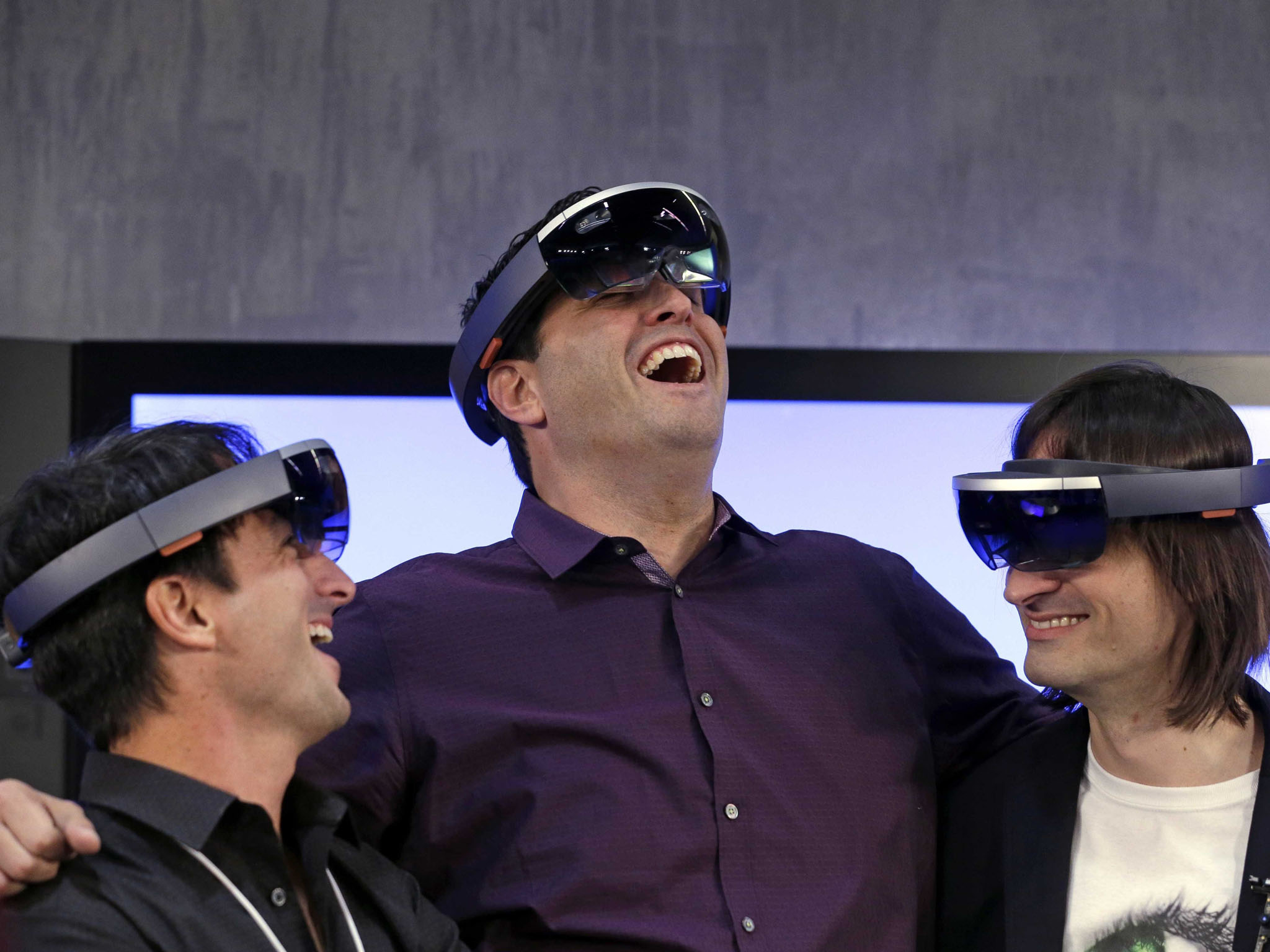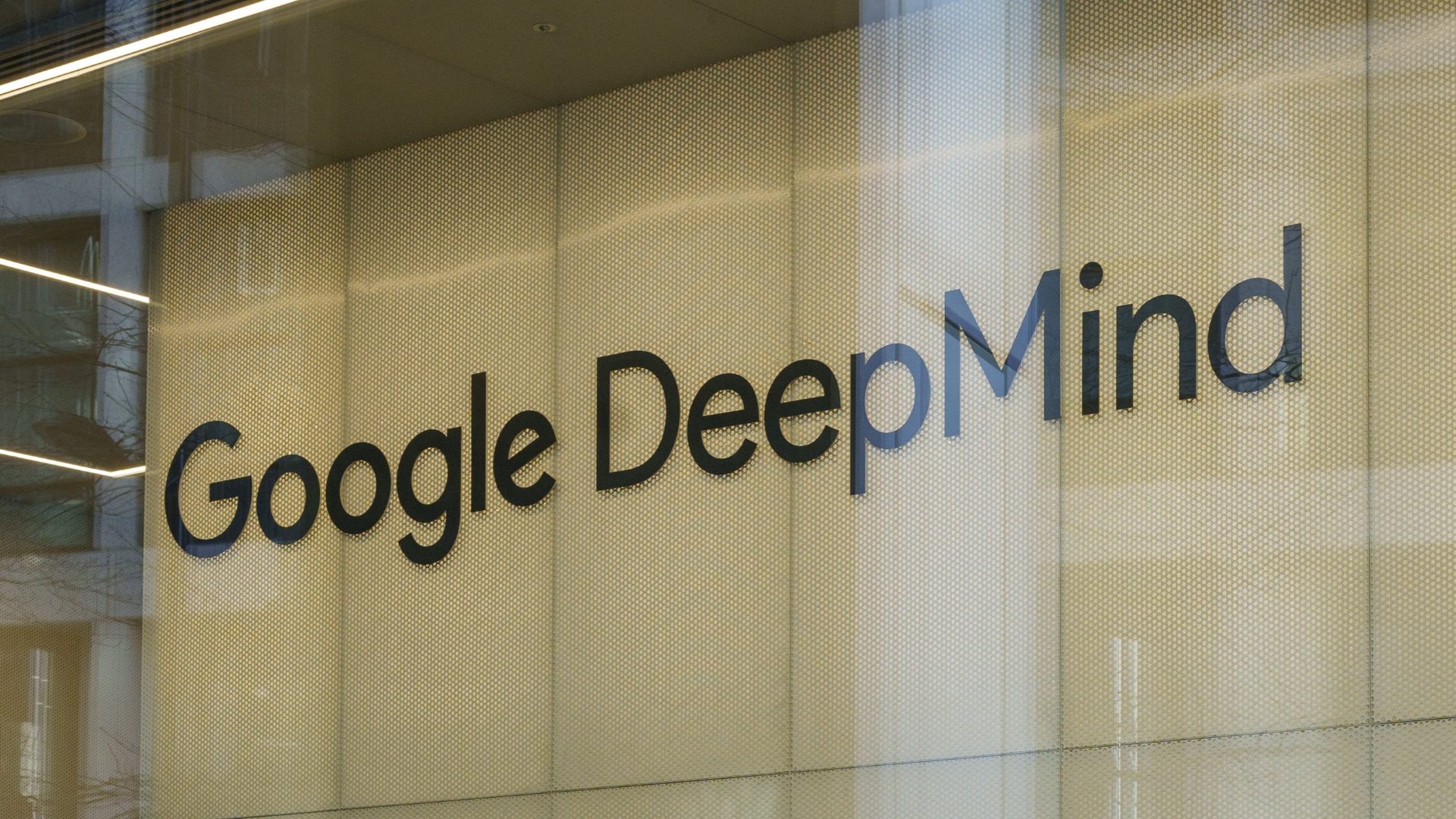Microsoft, Activision, and everyone else need to cool it with the 'metaverse'
If you don't know what it means, don't say it.

Every couple of years a new piece of jargon comes along that gets Silicon Valley very, very excited. We are now at that juncture once again, wherein "metaverse" has become the word du jour. Things you used to know simply as "VR" or "video games" have now become part of the omnipresent "meta" vortex. Meta this, meta that. In the words of the late, great Norm Macdonald: "I hate meta."
The very concept of meta and the metaverse wouldn't be so frustrating if Big Tech had a cohesive vision for what it meant. But each company appears to be saying the words within the context of their own disparate inventions, analysts and "experts" are spamming "metaverse" in what feels like an effort to stay on top of a trend they didn't know was coming, and everyone's making a big fuss out of nothing. This phenomenon needs to stop.
A metatextual misunderstanding

When did the rise of the metaverse begin? Well, based on the current smorgasbord of definitions, some would argue we've been in the metaverse for the better part of four decades. Pac-Man was apparently a gateway drug to the metaverse. Sonic the Hedgehog has been luring unsuspecting children into the metaverse since 1991. Activision's Call of Duty isn't a video game property anymore; according to analysts and speculators, it's a "metaverse" product that allows you to virtually murder people. You know, like a video game.
It was the aggressive influx of analysts and experts saying "metaverse" in response to Microsoft's acquisition of Activision that sent me into this meta conniption. Three months ago, most of us would've said "Microsoft has bought Activision for IP and vidya games." Now, the proper dialogue is "Microsoft's purchase of Activision is a metaverse investment," with the term "metaverse" being a cover-all for games, software in general, any sort of virtual or augmented reality endeavor, and basically anything relating to the word "virtual." For example, that dream you had of your high school crush? Yeah, that's not real; it's virtual. Ergo, it was a metaversal dream.
Three months ago does, in fact, mark the real birth of the "metaverse" frenzy, for a reason you can probably deduce. While the concept of the metaverse has been around forever — just watch The Matrix or read Ready Player One for proof — it took Mark Zuckerberg rebranding Facebook as Meta to send all of Big Tech into panic mode. Facebook has a vision for a virtual landscape it wants to pioneer, and it dubbed it the metaverse. That makes sense. That's all well and good. What's not good is virtually every other company now cannibalizing the word, chasing after it by claiming that all their products were metaverse products the whole time and that we just couldn't see that fact yet.
A meta comedy of errors

Some of us here at Windows Central have already cracked down on Zuckerberg's Meta rebranding and dissed the term "metaverse." But now it's time to reclaim the industry from the clutches of a word it doesn't even understand. A lot of companies all using the same word to describe a hundred different things is the antithesis of language, which is designed to impart specificity. Otherwise, I could just point at a pile of dirt and call it a Ubisoft game and the dictionary would have no choice but to agree with me.
So here's what I'm asking for. I want Microsoft, Activision, all the stock bros who keep selling the "metaverse" idea without knowing what they're saying, all the analysts trying to sound in the loop, and everyone else to get on the same page with this metaverse thing. I want conformity and the restitution of language as a means of communication rather than a vessel for noise. Maybe Facebook's definition is the winner because one could argue it made the first and biggest splash in modern tech. On the other hand, anyone can point back to an earlier event and claim that was the metaverse's inception. Maybe we all need to get on board with Aristotle's Metaphysics and call it a day.
Get the Windows Central Newsletter
All the latest news, reviews, and guides for Windows and Xbox diehards.
The point is, metaverse branding is all over the place. There's nothing wrong with the word sticking around, but it needs to mean something, just like how "books," "movies," and "augmented reality" all clearly define a specific medium. Big Tech owes it to each and every one of us on this metaversal experiment of a rock to clean up its act and give us a metaverse that doesn't disrespect the very concept of language.
Robert Carnevale is the News Editor for Windows Central. He's a big fan of Kinect (it lives on in his heart), Sonic the Hedgehog, and the legendary intersection of those two titans, Sonic Free Riders. He is the author of Cold War 2395. Have a useful tip? Send it to robert.carnevale@futurenet.com.

